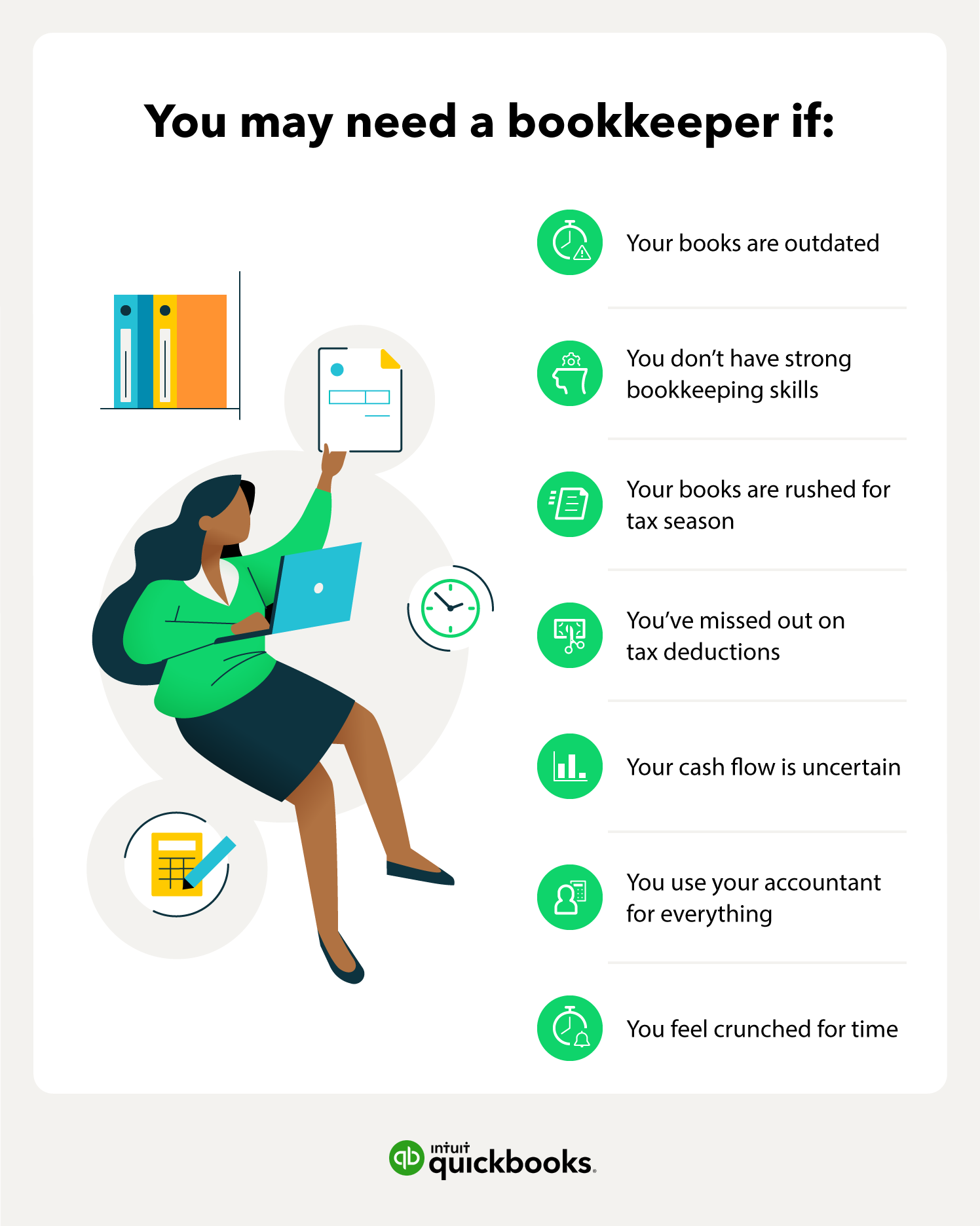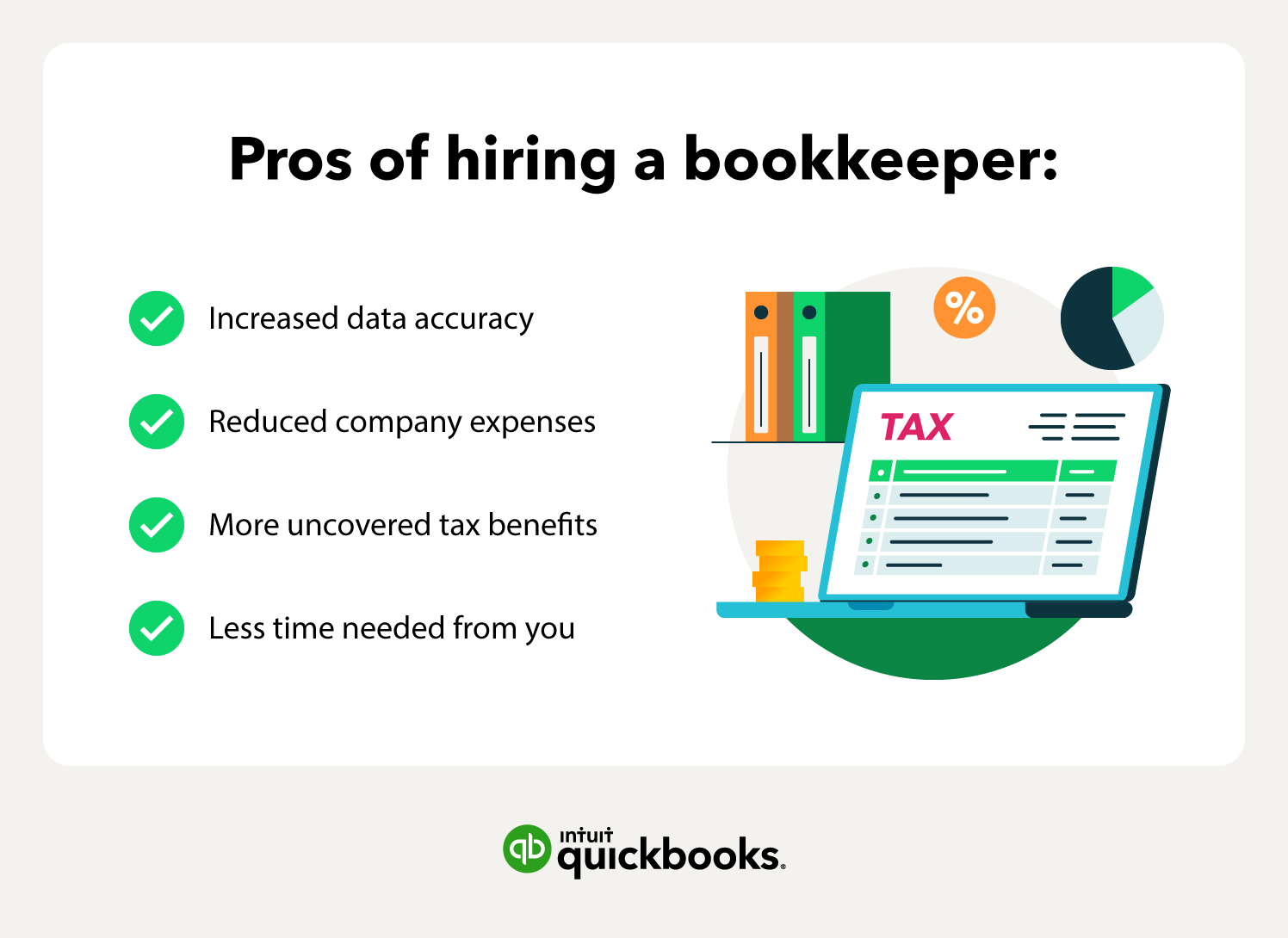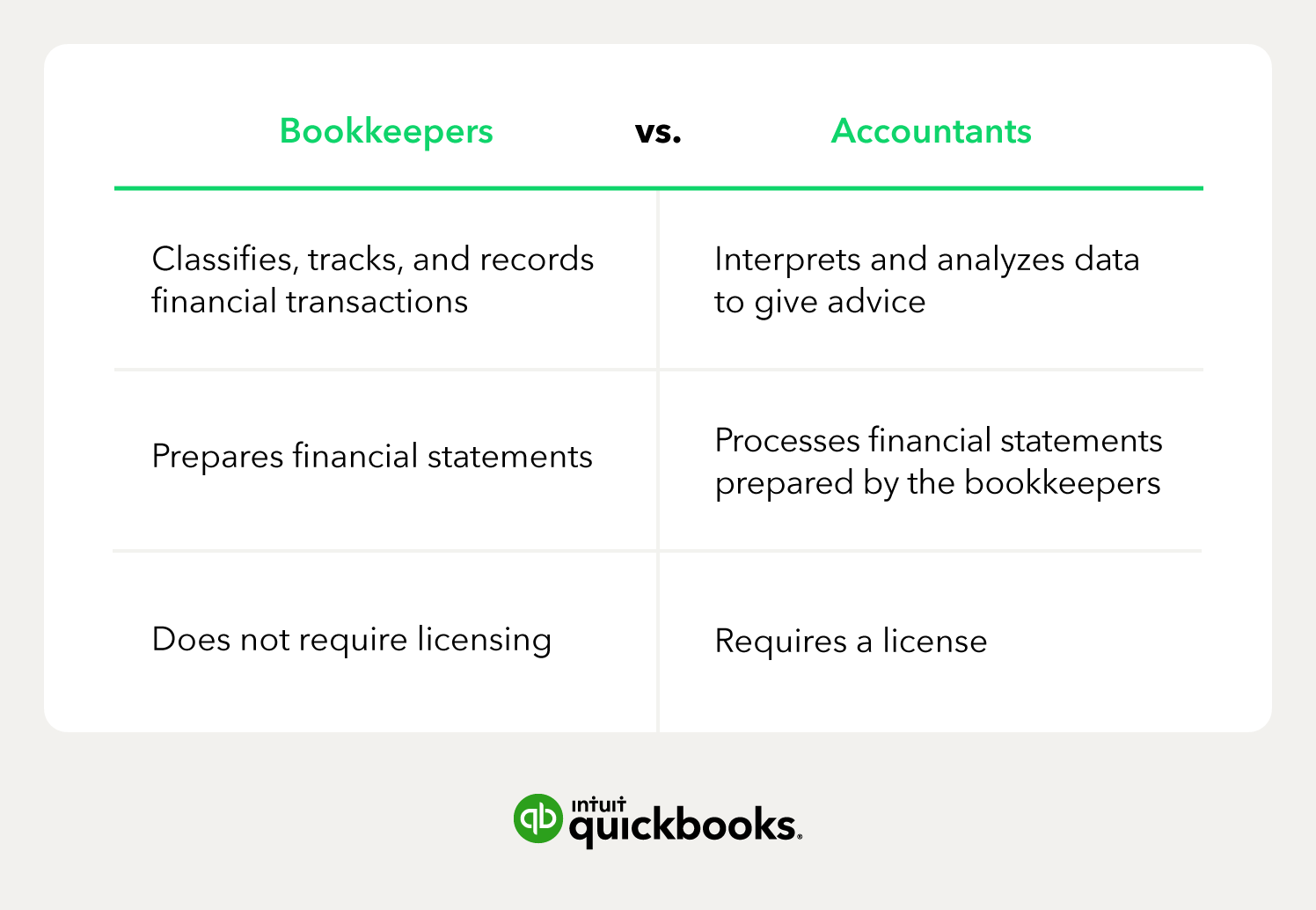7 considerations for hiring the right bookkeeper
Relying on a professional bookkeeper can make your life much easier as a business owner, but it’s important to hire one that is skilled and fits well with your company’s goals. Below are some helpful considerations and what to look for in prospective bookkeepers:
1. Qualifications and certifications
Become familiar with the prospective bookkeeper’s qualifications and credentials. Since nearly anyone can call themselves a bookkeeper, you’ll want to ask about their background. Many bookkeepers will have a degree in accounting, be a CPA, or even be registered with the Tax Practitioners Board.
2. Services offered
Understand the different services that are offered. This may vary depending on if the prospective bookkeeper is working solo or with a bookkeeping firm. Knowing this gives helpful insight into what they can handle so you can take full advantage of their services. You might also want to think about what you really need as a business to see if their services are in line with your needs.
3. Business and industry experience
Bookkeeping covers many different industries, so it’s important to make sure that the person you hire is familiar with the industry your business operates in. Look into the industry-specific expertise they have to get a better idea. You may also want to see if they’ve handled bookkeeping for other businesses that are around the same size and structure as yours.
4. Communication style
Communication styles are sure to vary between bookkeepers, so consider looking into how they interact with their current clients. A good bookkeeper should keep honest and open lines of communication at all times—this ensures that their clients are in the loop and on the same page.
To see if their communication style is in line with your own, you can ask if they prefer email or phone calls and how often they typically touch base with their clients.
5. Pricing
Make sure you’re on the same page about their pricing structure to avoid any billing hassles or hidden costs. Once you get an idea of how much they charge, compare it to other reputable bookkeepers.
6. Software experience
Asking what kind of accounting software your bookkeeper uses is important because it determines whether or not you’ll have administrative rights. If you don’t have rights to the software, you may have issues accessing your financial information if you don't have access to the software your bookkeeper uses. The bottom line here is to make sure you have access to the data and files the bookkeeper will be working with to ensure transparency.
7. Solo bookkeeping vs bookkeeping firm
Sometimes bookkeepers work independently. If your prospective bookkeeper does, you should consider what you’d do if they’re sick or call out for other reasons—have a backup plan in case your bookkeeper is out of office.
If the prospective bookkeeper operates in a firm with multiple employees, there will be more hands on the day-to-day processes. In this case, it’s important to see what the firm’s internal review and quality control procedures are.












